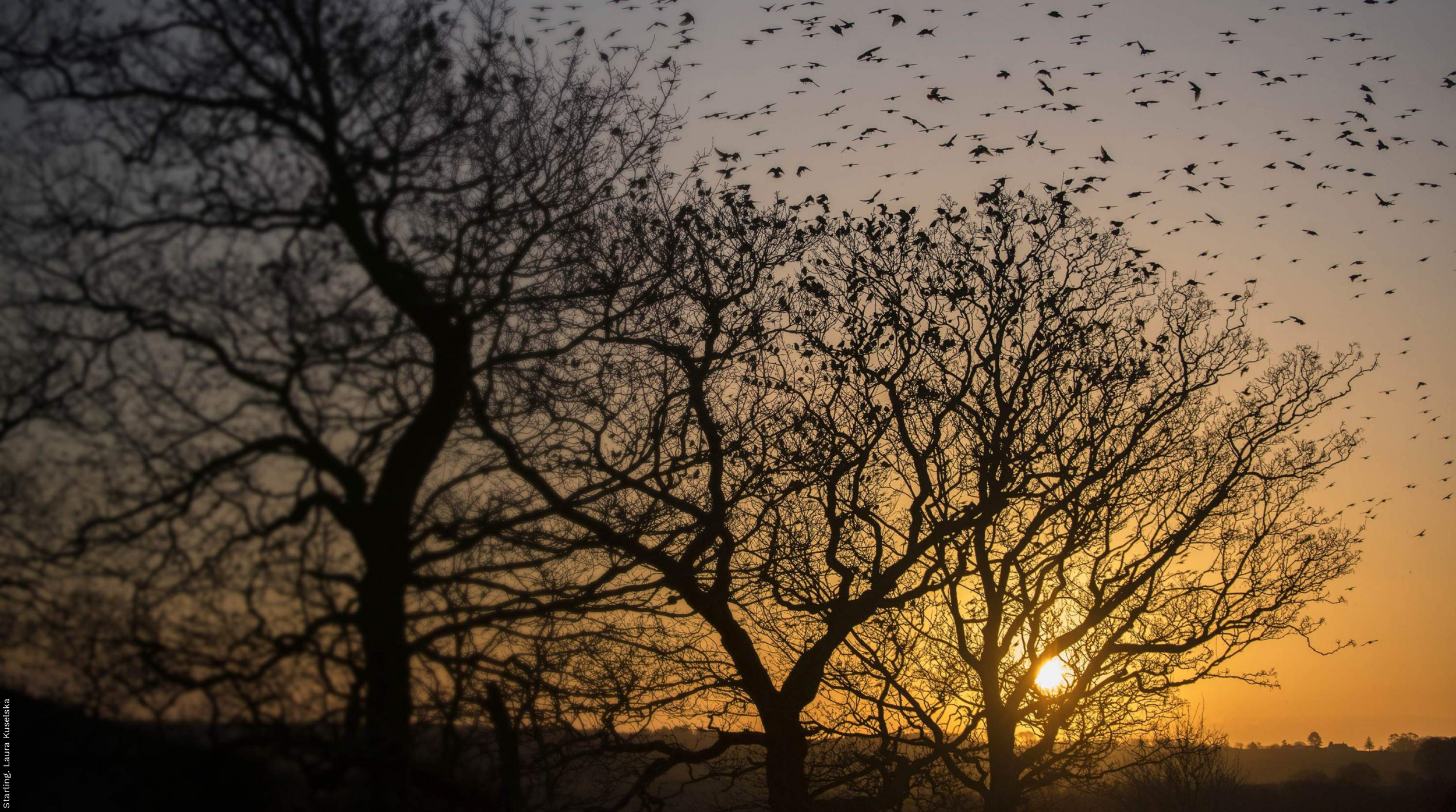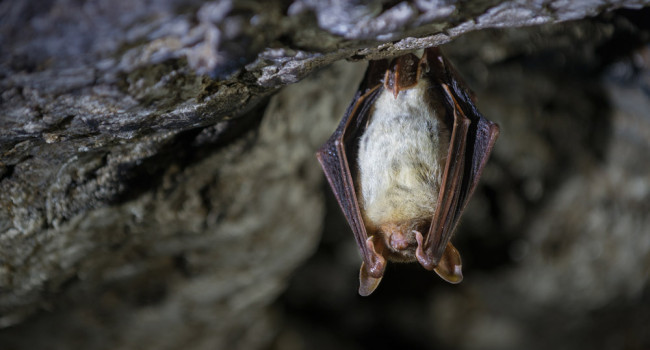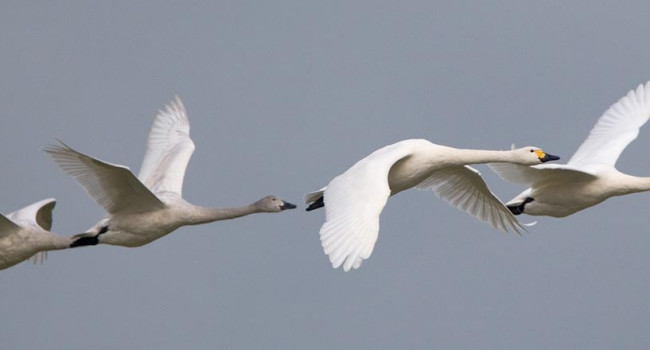Characterisation, prevalence and severity of skin lesions caused by ophidiomycosis in a population of wild snakes

Author(s): Allain, S.J.R., Leech, D.I., Hopkins, K., Seilern-Moy, K., Rodriguez-Ramos Fernandez, J., Griffiths, R.A. & Lawson, B.
Published: March 2024
Journal: Scientific Reports Volume: 14
Article No.: 5162
Digital Identifier No. (DOI): 10.1038/s41598-024-55354-5
Abstract
Ophidiomycosis is an emerging infectious disease affecting wild snakes in the Northern Hemisphere. Recently confirmed in Great Britain, the prevalence, severity and significance of ophidiomycosis has yet to be characterised in free-living snakes at a population level in Europe. Therefore, a population of barred grass snakes (Natrix helvetica) in eastern England was monitored for three seasons (May 2019 to October 2021), to investigate the prevalence (25.5%; 191/750 snakes) and severity of skin lesions and their aetiology. The most frequently observed skin lesion characteristics were changes in scale colour, crusting, and scale margin erosion. The majority of such lesions (96.9%; 185/191 snakes) was observed on the ventral surface along the length of the body. The severity of skin lesions was considered mild in more than half of the cases (53.1%; 98/191 snakes). Predominantly, skin lesions were observed in adult snakes (72.8%; 139/191 snakes). Combined histological examinations and qPCR tests of skin lesions from N. helvetica sloughs and/or carcasses confirmed a diagnosis of ophidiomycosis. Further targeted surveillance, supported by molecular and histological examinations to confirm skin lesion aetiology, is required to determine the extent to which our findings reflect the occurrence of ophidiomycosis in populations within wider landscapes.
Staff Author(s)







Share this page